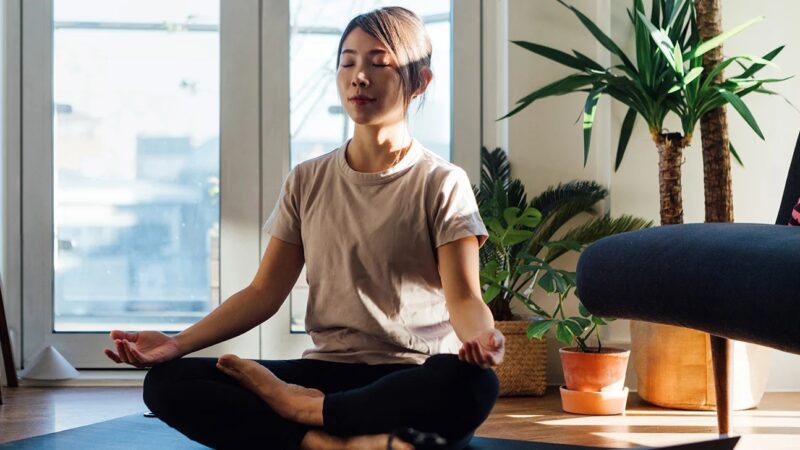Why Your Elbow Might Be Clicking or Popping

Have your elbows ever felt like they were popping, cracking, or locking? It is not normal, and it can be a little unsettling if it keeps happening. Not to worry, though. Many of us have experienced the surprising commonness of elbow popping and locking.
A little popping and clicking here and there is typically nothing to worry about. However, if you are also in discomfort, you may have injured your elbow and must get help from Dr. Peter Wenger.
Who is most likely to experience elbow popping?
Elbow popping is more common in the elderly, especially if the joint has been used frequently throughout the years. Elbow popping can also be caused by overuse and repeated motion at the joint.
Causes of your popping, cracking, or clicking elbow
A number of different medical issues can cause the popping of an elbow. The causes are listed below.
- Gas-filled cavities in your joints
Cavitation, or a buildup of gases in your elbow, is usually the cause of that popping sound, and it is completely safe. Synovial fluid in your joints is a lubricating liquid composed of oxygen, nitrogen, and carbon dioxide. Tiny gas bubbles emerge in the fluid as the joints are stretched. These bubbles’ expansion and subsequent deflation are the source of the characteristic “popping” sound. It is possible that your knuckles, ankles, back, and toes are all making the same noise.
- Osteoarthritis
Degenerative joint disease, sometimes known as “wear and tear” arthritis, describes osteoarthritis. When the cartilage that covers the ends of bones becomes worn or injured, this condition manifests itself. Cartilage, which lines the ends of bones and cushions and protects them, can deteriorate with use.
- A loose body
A little fragment of bone or cartilage in the elbow can dislodge and move around. Osteoarthritis, elbow injuries, and general wear and tear are all potential triggers.
- Plica
An inflammatory band of tissue called a plica can become lodged between moving bone and surrounding tissues. Although signs and symptoms may vary, elbow snapping typically happens at a 90-degree bend. The area that pops is often inflamed and causes pain on the outer aspect of the elbow. If it persists over time, doctors may diagnose you with plica syndrome, also known as elbow synovial fold syndrome.
- Subluxation of the ulnar nerve
Your ability to move your forearm, hand, and a few fingers is all thanks to the ulnar nerve. This nerve, when irritated and stretched, moves around behind the elbow. You might hear or feel your elbow shatter as a result. You may also experience severe tingling or numbness in your hands and fingers.







